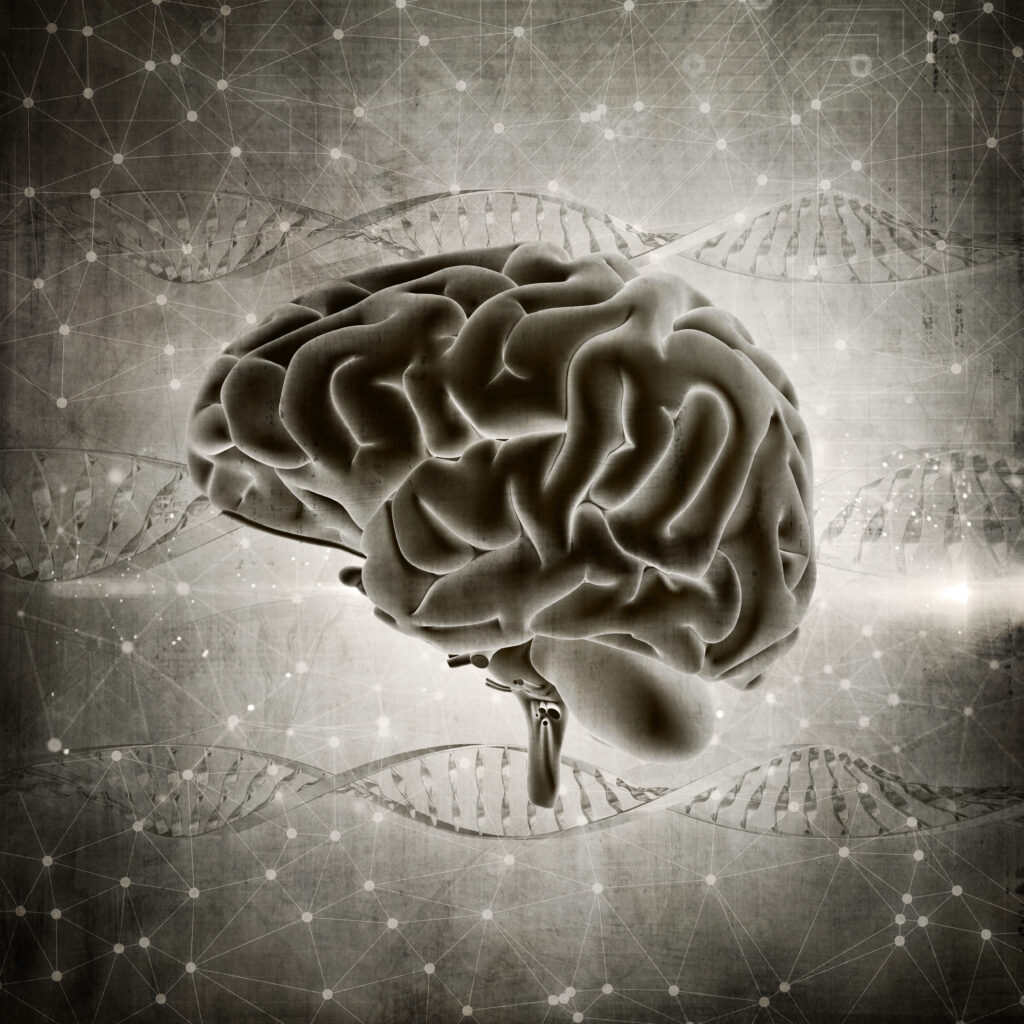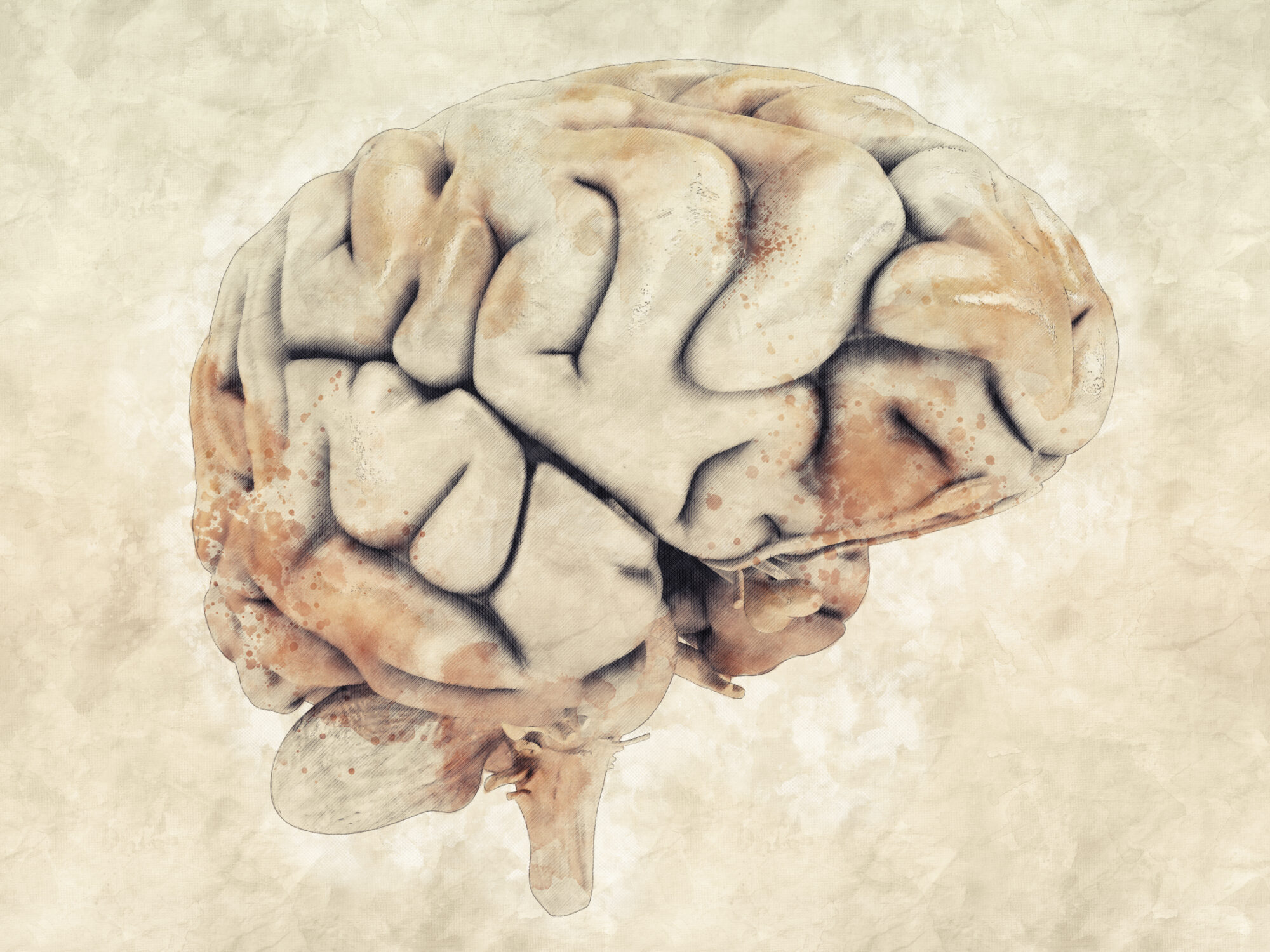Brain fog treatment depends on the cause. The first step in the process of the treatment is to identify the underlying cause. For example, if you have anemia, iron supplements may increase your production of red blood cells and reduce your brain fog. If mental trouble is because of lack of sleep, a good night’s sleep can help you with it.
You can also make some better lifestyle changes like exercising, eating healthy food, challenging one’s mind with puzzles and reducing cognitive cloudiness. Sometimes, relieving brain fog is a matter of correcting a nutritional deficiency, switching medications, or improving the quality of your sleep.

Numerous medical conditions can cause brain fog. It is important not to ignore this symptom, especially if it does not improve with home treatments. The most beneficial thing could be to visit the specialist if the syndrome is caused by other psychological disorders or imbalances.
Brain Fog Treatment
- 8 to 9 hours of sleep every night.
- Avoiding of excessive caffeine and alcohol.
- Adequate intake of vitamins B12, C and D, may help maintain or improve cognitive function.
- Regularly exercise, but not too close to bedtime.
- Time management systems to help a person remain focused.
- Psychotherapy to talk about anxiety and develop coping skills.
- Increase your intake of fruits, healthy fats, protein, fruits, and vegetables.
Is Brain Fog a Common Side Effect of Cancer Treatments?
Chemotherapy typically causes chemo brain, though other treatments may also cause brain fog. Cancer itself can also cause “brain fog,” for instance, if the cancer has affected the brain. Cancer, or abnormal and uncontrolled cell growth, can affect nearly every tissue, such as breast, bone, and skin. You may have trouble remembering details like names or dates, have a hard time multi-tasking, or take longer to finish things.

Treating cancer depends on the type and its stage but typically includes chemotherapy, radiation, and surgery, among other treatments. It usually goes away fairly quickly, but some people can be affected for a long time after treatment.
Brain Fog: What are the Major Causes?
- Viral infections such as SARS, COVID-19, H1N1.
- Lack of sleep or poor sleep quality.
- Perimenopause might be one of the reason.
- Diet can also play a role in brain fog.
- Cancer treatments or Chemotherapy typically causes chemo brain.
- Hormonal conditions or Hormonal changes, such as thyroid disorders.
- Also, it is a known side effect of certain medications such as pain and sleep medications.
- There is a study published in 2021 noted that exposure to pollen may alter brain function, causing high anxiety levels which may cause brain fog.
Can Depression cause Brain Fog?
According to a 2017 review of research has found that Chronic stress can increase blood pressure, weaken the immune system, and trigger depression. For instance, depression can lead to a lack of sleep or vice versa. Similarly, stress can affect your sleep and cause depression. Depression often causes a loss of interest in your favorite activities and persistent sadness.

Perimenopause may be accompanied by lack of sleep and depression. If you suspect your mental fog may be related to depression, a thyroid disorder, a nutrient deficiency, or any other medical condition, be sure to consult with a doctor or health professional right away.
The aftermath of anxiety and depression mental fog could lead to worse feelings about yourself and make it difficult to reach out for help. Still, treatment options are available. According to research, Fatigue, depression, and difficulty with memory and executive function are often an early sign of hypothyroidism. Many effective medicines and forms of therapy that treat mood disorders might help with cognitive symptoms.
You may not remember things well or be able to think through problems easily. Neural disruptions that relate to depression appear to cause or worsen cognitive symptoms by reducing the brain’s gray matter volume and white matter connectivity. It’s hard to know if this is linked to the loss of energy and motivation that comes with depression, or if depression affects your brain in a way that causes the fog.


Ive read several just right stuff here Certainly price bookmarking for revisiting I wonder how a lot effort you place to create this kind of great informative website
Thanks for sharing. I read many of your blog posts, cool, your blog is very good.
Nice blog here Also your site loads up very fast What host are you using Can I get your affiliate link to your host I wish my site loaded up as quickly as yours lol
I wanted to express how amazing your post is. I could tell you are an authority on this subject because of how obvious it is. If everything is up to you, I would want to follow your feed so I can be informed when you publish new content. Many thanks, and keep up the fantastic work.
I simply could not go away your web site prior to suggesting that I really enjoyed the standard info a person supply on your guests Is going to be back incessantly to investigate crosscheck new posts
I have been surfing online more than 3 hours today yet I never found any interesting article like yours It is pretty worth enough for me In my opinion if all web owners and bloggers made good content as you did the web will be much more useful than ever before
I very delighted to find this internet site on bing, just what I was searching for as well saved to fav
Brain fog can be a frustrating and overwhelming experience, often characterized by confusion, lack of focus, and mental fatigue. Understanding its potential causes—such as stress, poor sleep, hormonal changes, or underlying health conditions—is essential for finding effective remedies. Lifestyle changes, including improving sleep hygiene, staying hydrated, and maintaining a balanced diet rich in brain-boosting nutrients, can significantly help. Additionally, mindfulness practices like meditation or yoga may reduce stress and enhance cognitive clarity. It’s important for individuals experiencing persistent brain fog to consult with a healthcare professional to rule out any underlying issues and receive personalized recommendations. Overall, addressing brain fog holistically can lead to improved mental clarity and well-being.